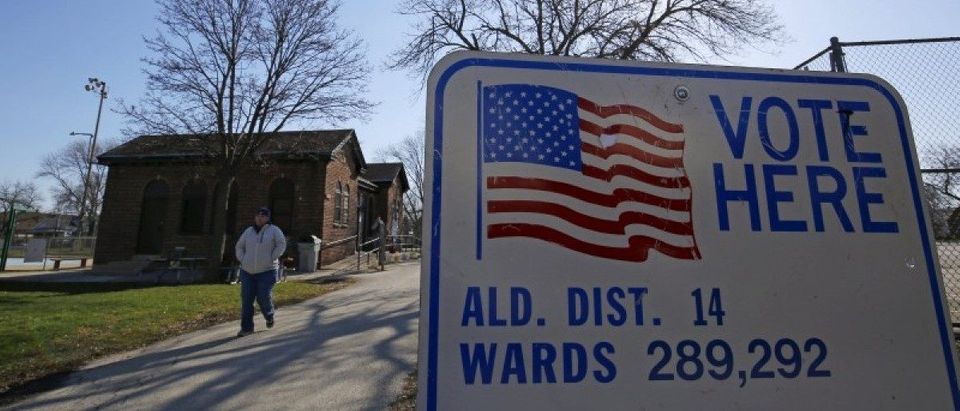Several federal courts struck down state voter ID laws in mid-July, finding the regulation has a discriminatory impact on minority populations.
Though more than 30 states have some form of voter ID law, challenges to two voter ID requirements in Wisconsin and Texas prevailed in federal courts this week, while a third challenge is ongoing in North Carolina.
The Fifth Circuit’s shock ruling Wednesday in the Texas case found the Texas legislation violates the federal Voting Rights Act (VRA) because of its discriminatory impact on minority communities. The opinion extensively quoted elections experts who say minority voters are far less likely to have the requisite IDs than their white counterparts. The Fifth Circuit overturned a lower court finding which held that the Texas legislature had acted with discriminatory intent when passing the bill, remanding the issue back to a lower court for further proceedings. If the lower court again finds the legislature acted with discriminatory intent, Texas’s election laws could then be subject to extensive Department of Justice supervision.
The ruling was something of a surprise to legal observers, as the Fifth Circuit is arguably the most conservative appellate court in the country.
An appeal from Texas is unlikely, as there are not currently five votes on the Supreme Court to uphold a voter ID law.
A federal court in Wisconsin placed an injunction on the state’s voter ID law Tuesday, in connection with a lawsuit first brought against the state in 2011. U.S. District Court Judge Lynn S. Adelman, who previously struck down the law for VRA and 14th Amendment violations, proposed a remedy in which voters without a state identification could sign an affidavit confirming their identity before casting a ballot. (RELATED: Federal Court Puts Hold On Wisconsin Voter ID Law)
“The plaintiffs’ proposed affidavit option is a sensible approach that will both prevent the disenfranchisement of some voters during the pendency of this litigation and preserve Wisconsin’s interests in protecting the integrity of its elections,” Adelman’s ruling said.
Should Wisconsin reject Adelman’s remedy, it could petition the Seventh Circuit Court of Appeals for a rehearing. The state challenged Adelman’s initial ruling, which was reversed by a panel of three judges led by Judge Frank Easterbrook. The Seventh Circuit then reheard the case en banc — a procedure in which every appeals judge in the circuit hears the case instead of a panel of three judges — and tied 5-5, sending the case back to Adelman for further action.
Expansive new elections regulations were upheld by a federal court in North Carolina in April. State laws which required voters to present an ID before voting, restricting early voting, and eliminating election day registration, were challenged by a coalition including the U.S. Department of Justice, the NAACP, and the League of Women Voters. The Fourth Circuit Court of Appeals heard the case in late June and will issue a ruling in the coming months. Though it is difficult to anticipate how the Fourth Circuit will act, the three judge panel hearing the case seemed skeptical of arguments marshaled by opponents of the law.
In the event the North Carolina law’s opponents do not prevail in the Fourth Circuit, they may appeal to the Supreme Court, where their arguments may fall on more sympathetic judges.
Send tips to kevin@dailycallernewsfoundation.org.
All content created by the Daily Caller News Foundation, an independent and nonpartisan newswire service, is available without charge to any legitimate news publisher that can provide a large audience. All republished articles must include our logo, our reporter’s byline and their DCNF affiliation. For any questions about our guidelines or partnering with us, please contact licensing@dailycallernewsfoundation.org.


